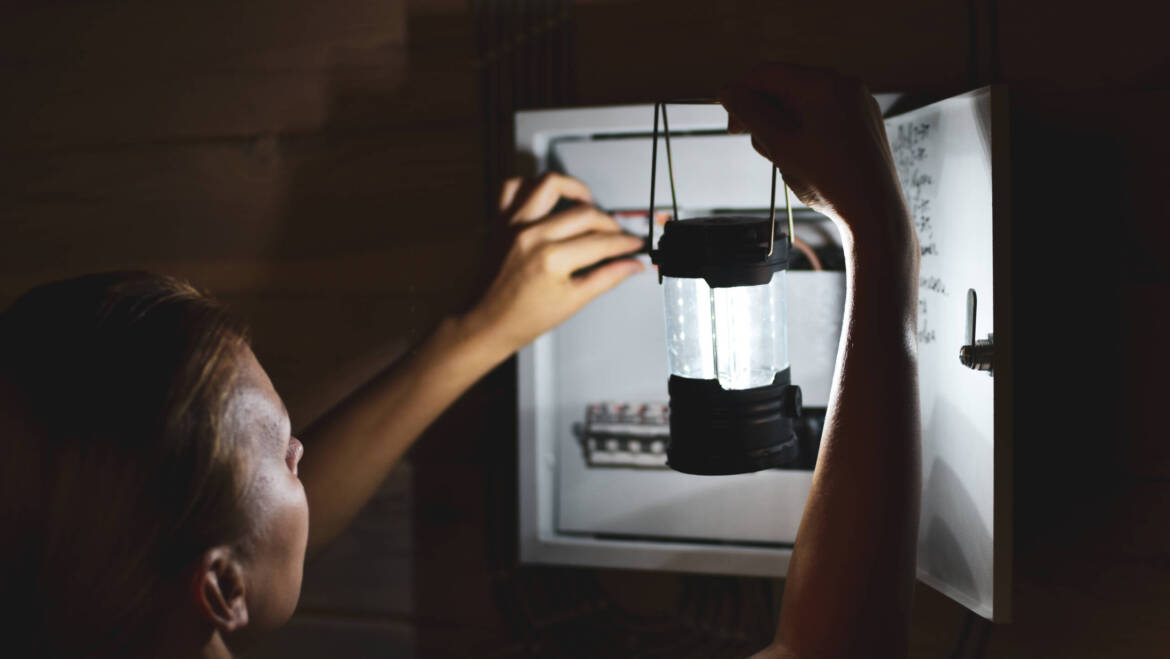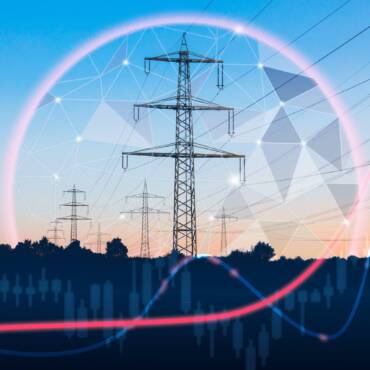Standby Power Generator vs. Battery and Portable Units
Consider your costs, availability, and needs when selecting a standby power generator versus other options in the marketplace. Your purchase price depends on the value you place on uninterrupted power during a blackout.
For homeowners with renewable energy sources, whole-house battery systems are an eco-friendly option, although they come with some downsides. Another favorite consumer option is a portable generator, but these can be risky and dangerous. Portables are best suited for portable applications or powering specific appliances.
Any whole-house backup power solution depends on your individual needs and budget. While there are advantages and disadvantages to any choice, backup standby generators tend to win out among many homeowners.
Whole-House Battery System Versus a Standby Power Generator
Compared to a cost-effective standby power generator, whole-house battery systems store excess electricity generated by solar panels or wind turbines. During power outages, batteries can provide backup power and stabilize electricity costs.
For starters, you’ll have energy independence with a battery backup. Homeowners reduce their dependence on the electricity grid by breaking free from utility companies. Simultaneously, medical devices, security systems, and other critical appliances receive the protection they need to continue running during any emergency.
Homeowners can also reduce electricity bills during peak hours with a whole-house battery system. Energy expenses are dodged by storing excess electricity when demand is low and using it when prices are higher. Unlike grid-tied systems, battery systems offer homeowners some great energy flexibility.
Now it’s time for reality. Installing and maintaining batteries and equipment can be expensive. Ongoing expenses, such as battery replacements, can add up. Additionally, the storage capacity of whole-house batteries hasn’t increased much, despite advances in battery technology. For homes with high energy needs, a battery system may not be suitable.
Weather conditions can also negatively affect battery performance. Cloudy or rainy days reduce solar and wind energy generation. Temperature extremes can degrade batteries too. Given these facts, regular maintenance and replacement are required, sometimes offsetting any estimated energy cost savings.
Technical expertise is required to install a home battery system. Connecting and configuring the various components correctly can increase your initial expense and extend the installation time.
“Exact pricing will vary based on which battery model you choose and how many of them you need,” states CNET. “However, it’s common for an average-size home battery backup system to run between $10,000 and $20,000.”
Pros and Cons of Portable Generators for Homeowners
Whatever you do, please don’t confuse a portable generator with a backup standby power generator. The latter costs more, but it’s longer lasting, safer, and highly cost-effective over the long term.
However, portable generators have become increasingly popular among some homeowners in times of power outages. It’s important to understand the pros and cons of these mobile-wheel devices.
Most larger portable generators ensure comfort and safety during extended outages by running refrigerators, lights, and heaters. They are also convenient for camping trips or construction sites that don’t have electricity. Coming in various sizes, power outputs, and fuel options, they are versatile for many homeowners. You can choose a gasoline, diesel, or solar portable generator.
Highly reliable, portable generators are durable and built to last. Rain and snow aren’t a problem, as they are built for any type of weather.
Let’s dig a little deeper. Portable generators are noisy, for starters. Neighbors, pets, and family members may be disturbed when you turn one on. Additionally, fuel is a huge expense if your portable generator runs on gas or diesel. Your overall cost of ownership will also include regular maintenance and tune-ups.
What’s most concerning? If they aren’t used properly, portable generators pose safety risks. Keep a safe distance from flammable materials when operating one. Also, low electricity generation limits how many appliances can be powered simultaneously. Determine your total electricity needs by adding each household appliance and device’s watts or kilowatts.
Moderate-size to larger portable generators usually run about $1,000 – $4,000, depending on the kilowatt capacity. “A portable generator won’t be powerful enough to run all appliances in your home or an HVAC system,” says HomeServe. “You’ll need to decide which appliances are essential to choose a model powerful enough to run them all simultaneously.”
Priceless Advantages and Benefits of a Standby Power Generator
Any reputable standby power generator manufacturer or dealer will confirm that power outages are becoming common these days. While storms, natural disasters, and electrical grid failures can cause interruptions, backup generators are most effective at preventing disruptions.
A backup generator provides homeowners with a sense of security, knowing that essential appliances will continue to function. It’s also a safe, comfortable, and convenient choice. Besides appliances and devices, security systems, sump pumps, and emergency lighting can all be powered. Backup generators ensure these systems remain functional, protecting your home from potential damage.
That’s in addition to basic amenities such as lights, heat, and air conditioning. Cooking meals, using electronic devices, and working in your office are all possible during a power outage. Computers, televisions, and appliances are protected, and data loss or costly repairs are minimized.
But let’s take things a step further. In the event of an emergency, a whole-house generator can be essential, even life-saving. A backup generator keeps your home and family self-sufficient, providing access to medical services and devices if needed.
Compared to battery systems and portable generators, the good news is: Backup standby generators are quieter and cleaner. Through propane and natural gas options, you can reduce emissions while benefiting from uninterrupted maximum power.
What You Power Determines Your Generator Size
With a standby power generator, your electrical output increases with wattage. Generators approximately range from 7.5 Kw to 26 Kw, although there can be some that are larger. What matters is how much total power you need.
During an outage, you’ll want to know which circuits you need to power. Is it the entire house, or just the air conditioning, heater, large appliances, garage door, and your primary bedroom? Installers typically assess your home’s electricity use by walking through it. While your kilowatt usage per day can be found in your bills, you can size up your power needs online.
“In 2002, only 0.63 percent of U.S. homes had installed backup generators,” states a relevant article in the Washington Post. “That has grown to 5.77 percent, according to Randy Sandlin, senior vice president of global management for generator manufacturer Generac.”
Extreme weather, prolonged outages, and increased demand on an aging electric grid are driving consumers to consider reliable backup power. “While homeowners have long opted for portable generators, the convenience of a standby generator is driving a shift,” it states. You don’t have to manually refuel it every 8 to 12 hours or pick and choose which outlets to power.
Investing in a whole-house backup generator offers peace of mind. Uninterrupted power for essential devices and appliances, as well as your comfort and safety, are of paramount importance. Invest in a backup generator to protect against outages and improve your quality of life during any power emergency.
Danley 911 Home Services Electrical
At Danley 911 Home Services Electrical, we stand out in the world of standby power generator dealerships. We assist you throughout the entire process of preparing for installation, as well as obtaining permits, inspections, and assisting with repair and maintenance. We help you optimize and fine-tune your situation and determine the correct generator size. Let us help you get the most out of your investment.


